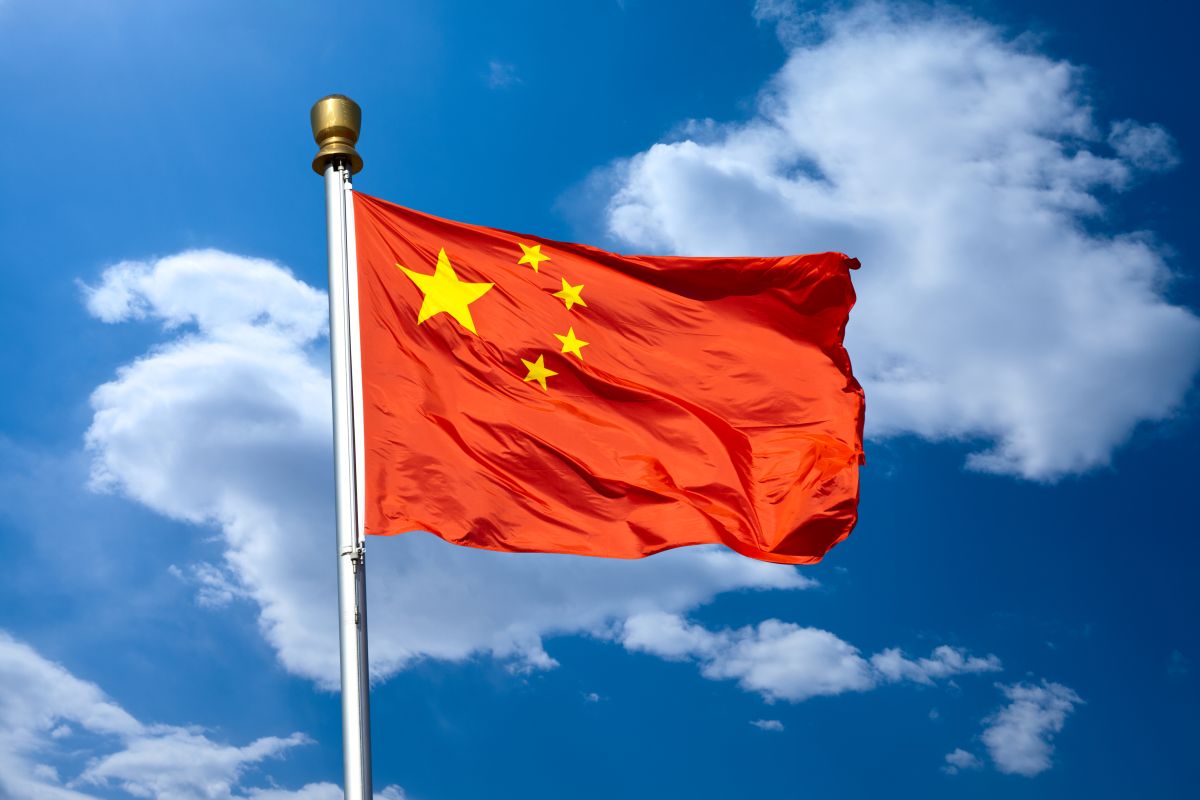Climate change due to the Chinese communist, party, what confrontation cooperation and confabulation have not? Which is loose, and with its vies-like grip on all aspects of life in the country. The question is worth asking because the party elite has hinted it asse- sses the adverse impact of climate change could potentially threaten its longevity and the stability of the country itself, which is why Beijing has prioritised climate change adaptation measures over focussing on reducing emissions.
To be fair, many other non-OPEC developing co- untries for whom economic growth is the primary focus have followed suit to a greater or lesser degree. But then countries like India, Brazil, and South Africa are democracies and leaders from these countries can ~ and have argued that their primary responsibility is to balance their development needs with green growth as they are accountable to the people they represent.
Advertisement
China is not a democracy. Ergo, it’s the Communist Party that makes policy, implements it, and ensures it is geared towards binding citizens to the partystate without asking them. The fact is China is facing an intensifying environmental crisis. Over the past year, China set new records for extreme temperatures, faced the heaviest rains in over a decade, and experienced the worst droughts in 60 years.
According to a recent essay by renowned foreign policy expert Ryan Hass and his colleagues, the stark reality for China’s leaders is that the intensifying effects of climate change could end up undermining the legitimacy of the party. This is the backdrop against which Beijing is doubling down on policy measures to adapt to climate change as opposed to a reducing emissions (mitigation). But there’s a catch. As Hass and his co-authors point out, effective adaptation measures require experimentation and tolerance for risk and failure, but the increasing centralisation throughout the Chinese system which has led to over engineered solutions threatens the country’s capacity to adapt to rising temperatures.
Framing the global debate around actions by nations on mitigating climate change by reducing their carbon footprint is certainly valid to the extent that the USA and China are the world’s two largest greenhouse gas emitters, with the latter’s emissions exceeding those of all developed countries combined. But Beijing’s pushback to this argument is that advanced industrial nations should shoulder the lion’s share of mitigation responsibilities because their historical emissions have significantly exhausted the world’s carbon budget and later industrialising nations should not bear the brunt.
In keeping with this line, China ~ unlike its Western counterparts ~ has followed climate change policies since the early 2000s that are adaptationoriented. The underlying theme of China’s strategy to deal with climate change springs from an assessment that, regardless of any mitiga- tion efforts it makes, the country will still have to cope with temperatures rising well above the 1.5 degrees Celsius peak agreed in the Paris Agreement. This explains China’s prioritising adaptation to a warming world. But, Hass iterates, Beijing doesn’t tout its adaptation efforts as necessary to deal with looming domestic environmental crises domestically, as it does not want to sow pessimism about the future and increase popular pressure on the party to achieve heroic environmental results.











